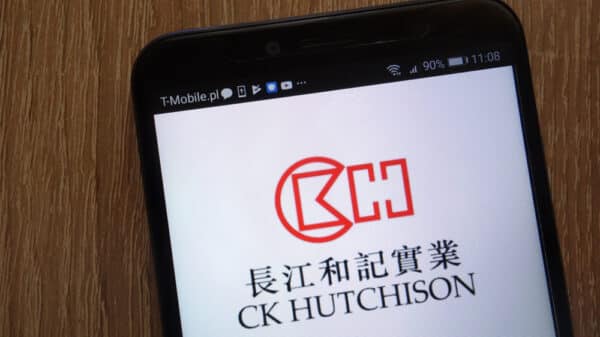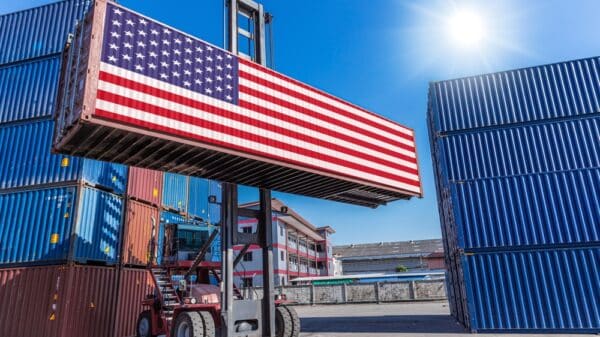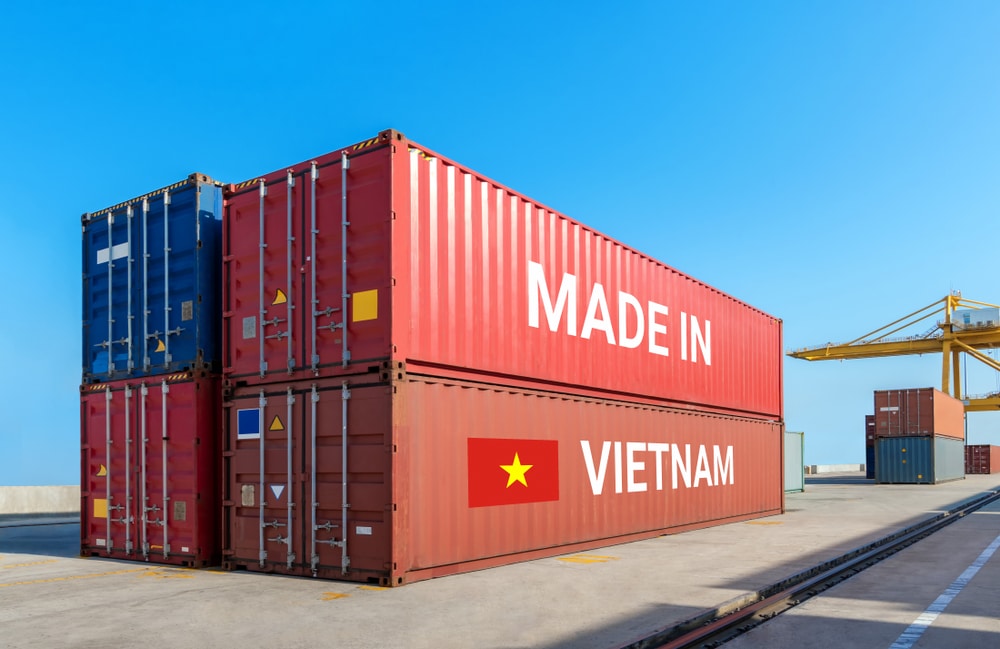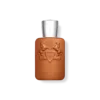Vietnam is ramping up its efforts to combat counterfeiting and digital piracy, responding to accusations from the United States that it has become a significant hub for these illegal activities. The stakes have never been higher—U.S. officials have hinted at the possibility of imposing severe tariffs on Vietnamese goods unless substantial changes are made.
Recently, a document reviewed by Reuters reveals the products that are now under tighter scrutiny at the borders. Luxury items from brands like Prada and Gucci, electronics from tech giants like Google and Samsung, and beloved toys from Mattel and Lego are at the forefront of this inspection wave. The customs department of Vietnam’s finance ministry has singled out these goods as part of its intensified crackdown.
But it’s not just luxury items that face the heat. Everyday consumer products—from shampoos and razors from Procter & Gamble to Johnson & Johnson’s healthcare offerings—are also on the growing list of items subjected to authenticity checks. This extensive assessment targets imported counterfeits, aiming to ensure that these products meet legitimate standards, especially in light of pressure from the U.S. administration.
What might come as a surprise to many is that the crackdown is not only about physical goods; there’s a parallel focus on digital piracy. In mid-April, inspectors from the Ministry of Culture issued a warning to a local company regarding unauthorized software use. This move followed a complaint from the Business Software Alliance (BSA), which advocates for software companies like Microsoft and Oracle. Unsurprisingly, numerous companies are reported to have received similar notices since the beginning of April, indicating a broad effort to tackle this issue.
Despite this newfound vigor to address counterfeiting, sources reveal that Vietnam’s finance and culture ministries and the customs department have yet to respond to inquiries regarding their actions. Over the years, the BSA has persistently urged Vietnam to take strong measures against the unauthorized use of software, emphasizing the need for a more robust approach to intellectual property rights.
The recent measures from Vietnam are not only reactive but also strategic. They’re part of a broader initiative to persuade the Trump administration to reconsider imposing punitive tariffs that could reach a staggering 46% on exports heading to the U.S., which is Vietnam’s largest market. Even before the announcement of these tariffs, informal talks had already begun to address various trade issues, including enhancing protections against counterfeits.
Among the key matters being discussed are Vietnam’s considerable trade surplus with the U.S., trade fraud, and the complicated landscape of tariff and non-tariff barriers that impact American businesses operating within Vietnam. Prime Minister Pham Minh Chinh has called for a decisive crackdown on trade fraud, particularly regarding counterfeits and the origin of goods.
However, it’s a delicate balancing act. While the government seeks to fortify its relationship with the U.S., it runs the risk of ruffling feathers with China, the main source of many Vietnamese imports. This balancing act becomes all the more complex in markets like Saigon Square Shopping Mall in Ho Chi Minh City, known for being a hotspot for counterfeit goods. Last week, several counterfeit Prada products were still openly sold there, signaling that despite government crackdowns, the problem persists. An attendant candidly shared that while these items aren’t authentic, they’re very much in demand, pointing to a culture of imitation that’s hard to eradicate.
Interestingly, the U.S. Trade Representative had previously categorized Saigon Square as a “notorious market” for counterfeits but recently acknowledged Vietnam’s increased efforts to combat these illegal practices. The USTR praised Vietnam for addressing border-level sales of counterfeit goods but also cautioned against ongoing issues with online marketplaces, which are often breeding grounds for fake products. Reports have surfaced asserting that platforms like Shopee have become central locations for the sale of such counterfeit merchandise.
Looking ahead, Vietnam has plans to strengthen its legal framework by establishing specialized courts to enforce intellectual property rights more effectively. This initiative is a crucial component of the country’s promise to enhance copyright protection, ensuring compliance and attracting foreign investment, with a draft law expected to be ratified by parliament soon.
As these changes take shape, many in Vietnam—both consumers and business owners alike—are left grappling with the implications. The landscape of trade, online commerce, and even shopping habits could shift dramatically, as the fight against counterfeiting and digital piracy takes center stage in the narrative surrounding Vietnam’s economic future.
Image Source: Zapp2Photo / Shutterstock























